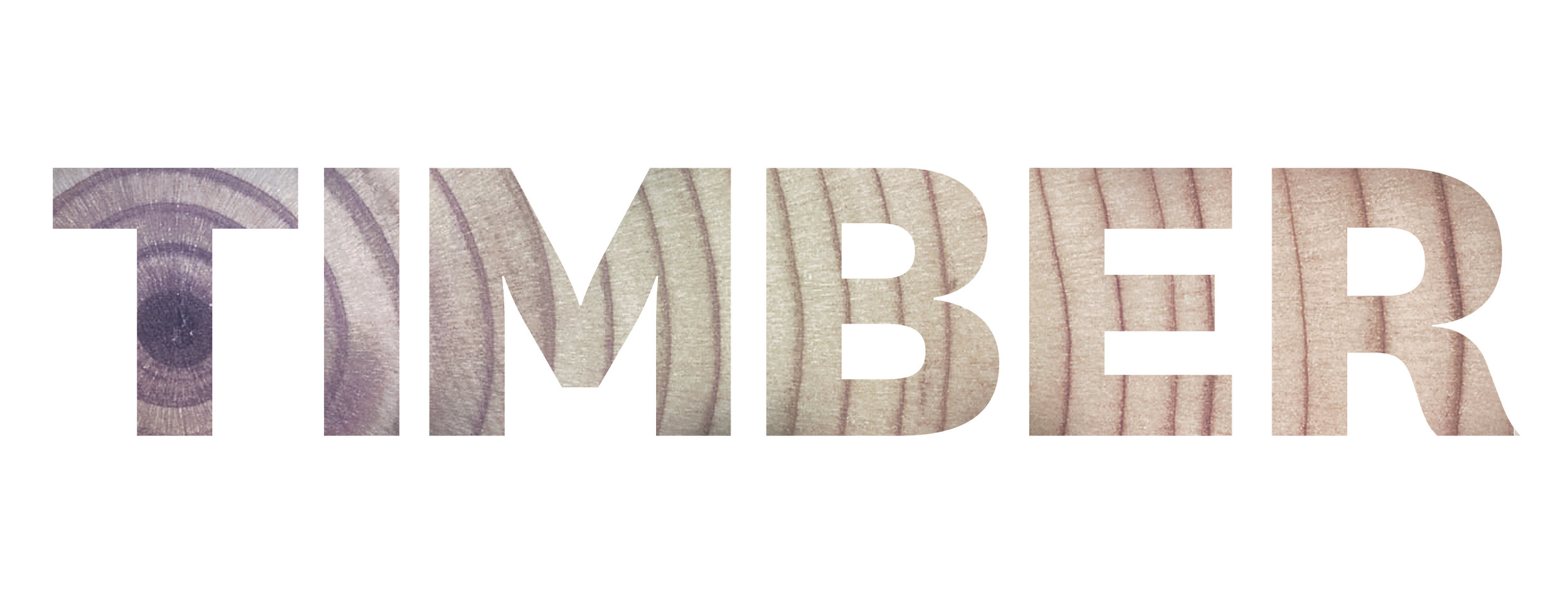Withdrawal
Perch on the pedestal sink like a gargoyle.
Survey your setting. The shower-bath, the way the acrylic holds onto the ghost of the water line. Note the vase of dried lavender atop the toilet tank, the brittle stalks shucked of their buds, scattered below like so many dropped earring backs. The walls, close enough on either side to touch simultaneously. Do so. Appreciate your wingspan, ready to alight. One door, locked. No windows. A coffin. Consider the mirror a porthole.
Turn, finally, to your reflection. Take it in parts. Your nose, the prominent bridge, the shelf of your brow, not unlike his. Your skin, dry from the flight. Your heavy bags.
You have pulled what you could already, the patch of skin where your jaw hinges to your neck stinging from the salt on your fingertips. Smooth and denuded, plucked raw during the church service. Your sister twice pushed away your hand. Your nails are chewed, flaked, inefficient. The fleshy quicks pinch painfully at their marks.
Choose another implement. Tweezers are ideal, the ones with grit, grip. Needle-nosed, if possible. In their absence, deploy nail clippers. Position them just so, applying the perfect amount of force. Tug without cutting until the root unlooses, the thick, stubby hair sliding out.
(“Latino hair,” he once told you. “Like mine.”)
Observe how whiskers aren’t perfect pins. See how one side is flatter. How one end is black, stiff, the other translucent, pliant, without enough protein to stand straight. If the stiff bit is long enough to grasp, brush the embryonic end across your skin and lips and tongue. Blow it away on a wish. Proceed to the next.
Remember the first time you saw them. The black quills pushing through your chin, your neck, the formerly blank space between your waist and dick. Consider how they’ve strengthened with age: thicker, deeply rooted, glossy with subcutaneous oil. How the skin forms a peak when you pull. The relief of pressure when it gives. How you almost hear it, a deep, satisfying thunk. The cloudy sheath of skin that remains on one end, like a wire dipped in wax.
Cast the trimmings aside, some to the floor, the rest collecting in the wet sink like fly paper. Run the faucet. See the black dots swarm and circle the drain.
“You look so much like him.” Repeat: “You look so much like him.” Watch your reflection form the words. Comfort yourself in the separation. Even with your lips pressed to the glass, like you’re practicing kissing, you can’t actually touch yourself. A few millimeters of space remain, no matter how hard you push.
Keep pulling. Expand the crop circle of pink skin at your throat. Spread it beneath your jaw. Go one whisker too far, onto your chin, requiring withdrawal of the rest. You close shaved for the service, but even by the reception, they had risen again.
You never did learn to shave properly. Or, rather, he never taught you, having left just before your eleventh birthday. When you could no longer withdraw the thorny growths, one by one, you watched a YouTube video from a teenager without Latino hair. You dismissed his warning and shaved against the grain, the only method that got close enough. Wonder whether this is why your whiskers wend every which way.
Knock the clippers to the floor. An accident. Crouch for them behind the toilet. Crunch the dried buds beneath your knees. Find two different slips of band-aid backings stuck to the linoleum. Spy three dead houseflies, how they blend in from above.
Remember it’s a myth that your hair, your nails, continue to grow after you die. Rather, the skin dehydrates, retracts, pushing them farther out. Appearance, not reality.
Resume your stance on the sink. Don’t neglect the shadows beneath your skin, those embedded stitches. Look for raised red. Feel for bumps, errant hairs turned against themselves, lost and looking for release. Use a safety pin or the corners of your clippers. Ignore how the basin tinges red near the top, diluted blood you don’t bother to wipe away. When the clipper teeth cake with maroon, use tissue to clean them. Regain your grip.
Finish. Night has passed to early morning. Your neck to your nose is puffed and plucked, your five o-clock shadow replaced by rosy dawn. Shiny and pink. Burnished brand new.
Remember your reflection is imperfect. A flipped copy. An inversion. Dead houseflies can look like lavender buds. Your uncle said you look just like your late father. And, still, isn’t the hardest thing to face yourself?
Carlos Rafael Gomez
Carlos Rafael Gomez is a writer and teacher living in Los Angeles. He graduated from Yale University in 2013 and completed his MFA in fiction at Cornell University in 2020. His work has been recognized by Flash Fiction Magazine, Cosmonauts Avenue's Fiction Prize, CutBank's Montana Prize for Fiction, and others.
